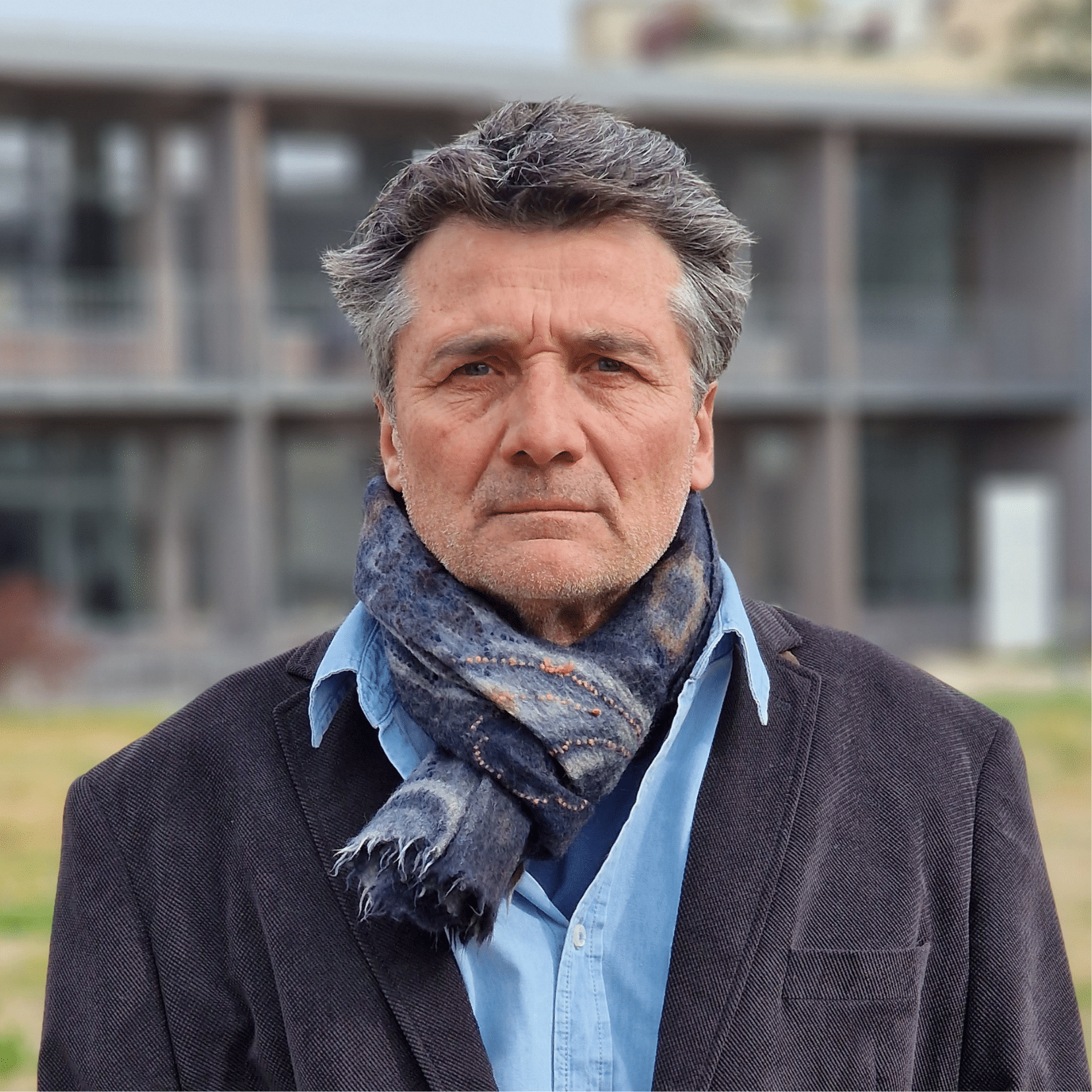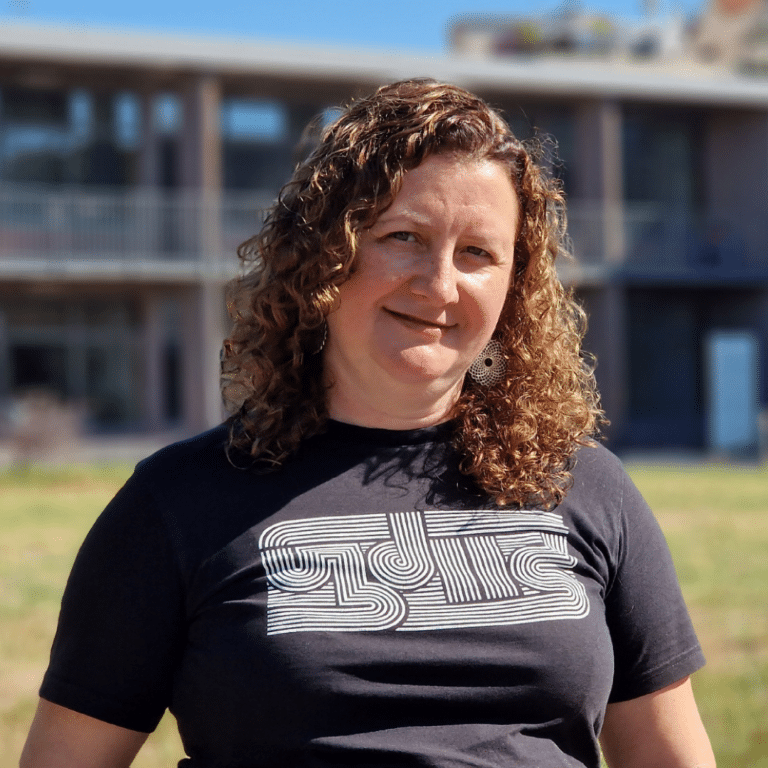
Credit: Andonian Timothée / Iméra
Daniel Faget
Research project
Aliens on fire Introduced marine species and cultural mutations in the Mediterranean
Summary of the research project
Since Antiquity, the arrival of non-indigenous terrestrial species has shaped landscapes, cultural practices and representations in the Mediterranean. Within marine ecosystems, the arrival of new species, occasional during the modern era, has accelerated during periods of industrialization and globalized trade. Following the example of the land environment, some of these newcomers radically modify the habitats and marine ecosystems that host them, as evidenced by the spread throughout the Mediterranean, in barely a decade, of two blue crabs, from the Atlantic and Indian Ocean, which are Callinectes sapidus and Portunus segnis.
Ecologists, fisheries scientists, as well as philosophers and sociologists, and more recently historians, have invested in the study of these introduction phenomena over the past two decades. While none of these specialists underestimate the seriousness of the current phenomena, all agree today on the need to objectify the perception of biological invasions, in order to analyze them more accurately, by favoring regional or local analyzes (Tassin, Thiébaut, Dutartre, 2011). The increasingly significant presence of invasive species in the Mediterranean is modifying fishing gestures and practices. Sometimes aided by public authorities, fishing communities are developing, often empirically, new methods of capture and development. A new relationship between man and resources is emerging today throughout the Mediterranean basin. The effects of this global change have not extensively yet been studied, in the field of popular practices, shore fishing or food.
This project is part of the Mediterranean program of the Institute for Advanced Studies of Aix-Marseille University (Iméra), and more specifically in its axis “Lifestyles, daily culture and forms of contemporary life: living, eating, talking, dressing”.
It proposes a dual approach, inscribed in an interdisciplinary and international dimension.
A series of observation missions will be organized in Tunisia, Spain and Greece, in order to carry out semi-structured interviews with fishermen, private individuals, restaurateurs, heads of associations, on consumption introduced marine species (species, methods of preparation, etc.). The gender dimension, the prism of the social affiliations of the communities, will be favored during these surveys.
An international study day on “cooking the sea today in the Mediterranean” is to be planned at the end of the period, which could lead to a publication presenting the provisional results of the exchanges and investigations carried out during the research project developed during the Iméra Fellowship.
Biography
Born in 1962 in Saint-Tropez, Daniel Faget is HDR Lecturer in Modern History at Aix-Marseille University. He devotes his research to the relationships forged by human societies with marine ecosystems since the 16th century. For many years, he has co-directed international and interdisciplinary research programs (SACOLEVE: Spatial and temporal Adaptations of a traditional Mediterranean fishery facing Regional Change: COmbining history and ecoLogy to study past, prEsent and future of sponge harvesting. Daniel Faget-Thierry Pérez, TELEMME-IMBE, OTMed, BIODIVMEX -2016-2019, BIODIVAQUART: Aquatic Biodiversity in Art. Daniel Faget TELEMMe-Thomas Changeux, co-funded by the South Region, the Water Agency, the Fondation de France and the network ECCOREV-2020-2023 Among many works, he published in 2020 with publisher Philippe Rey Éloge vagabond de la Méditerranée.



